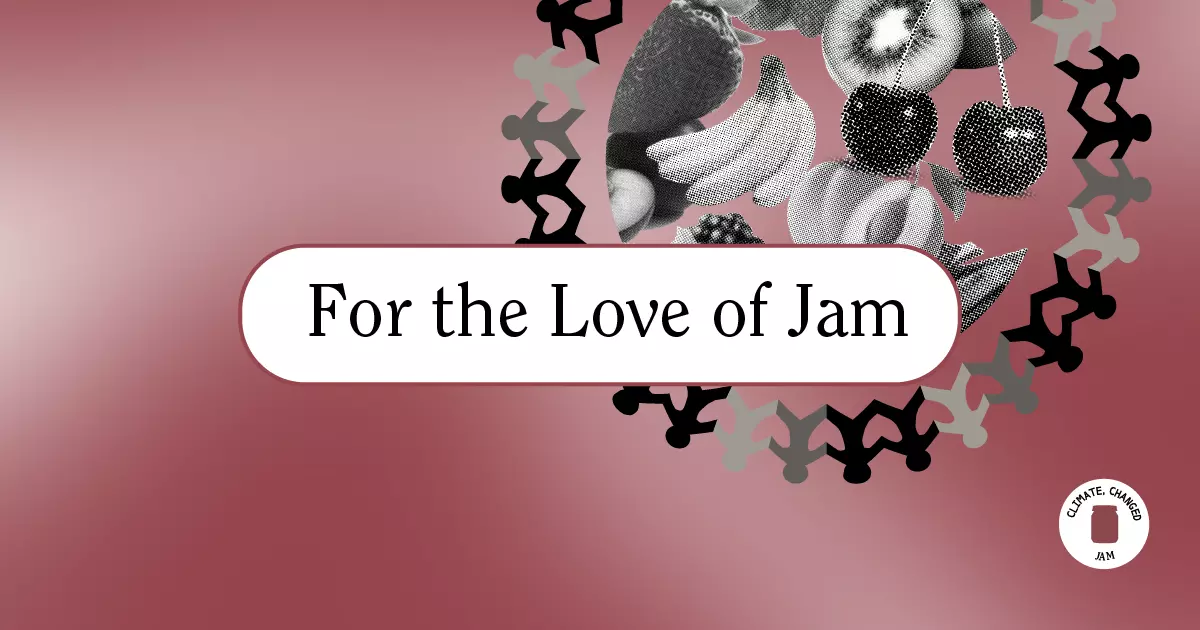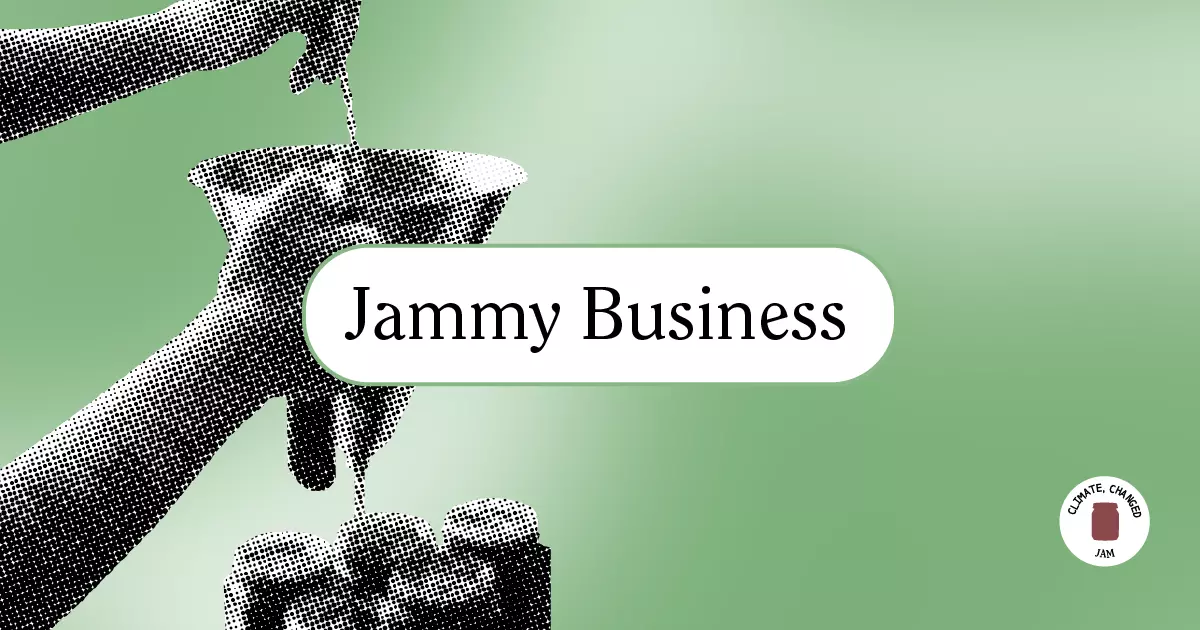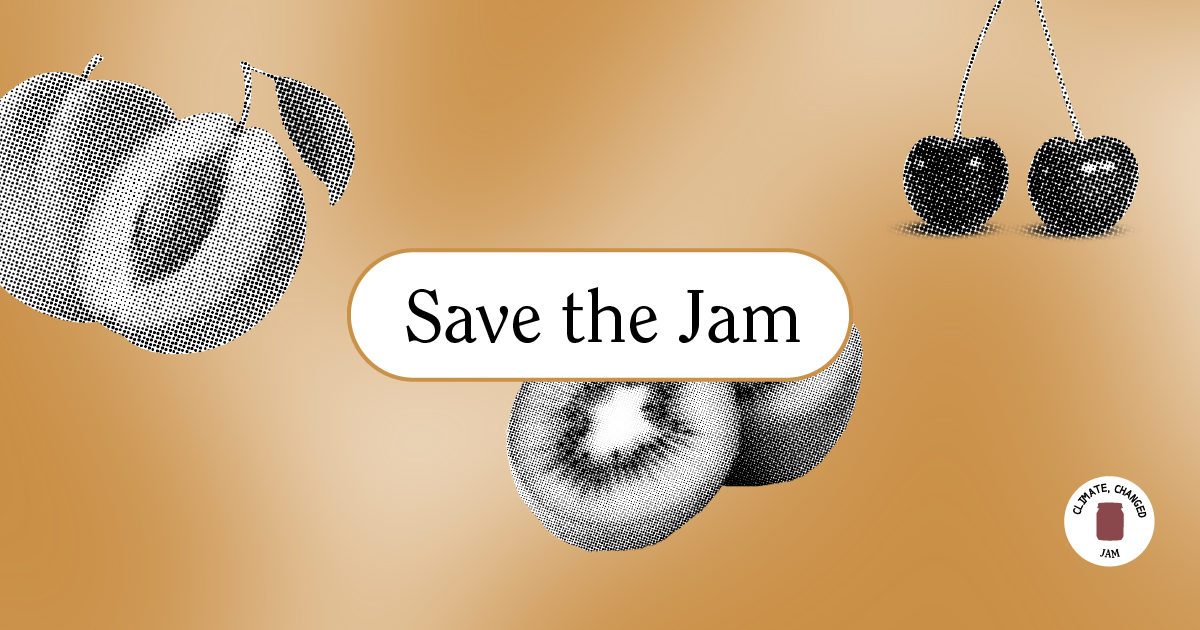INTERVIEW
At Whetstone Media, Stephen Satterfield Builds Empathy Through Origins
BY SARAH COOKE
OCTOBER 29, 2020
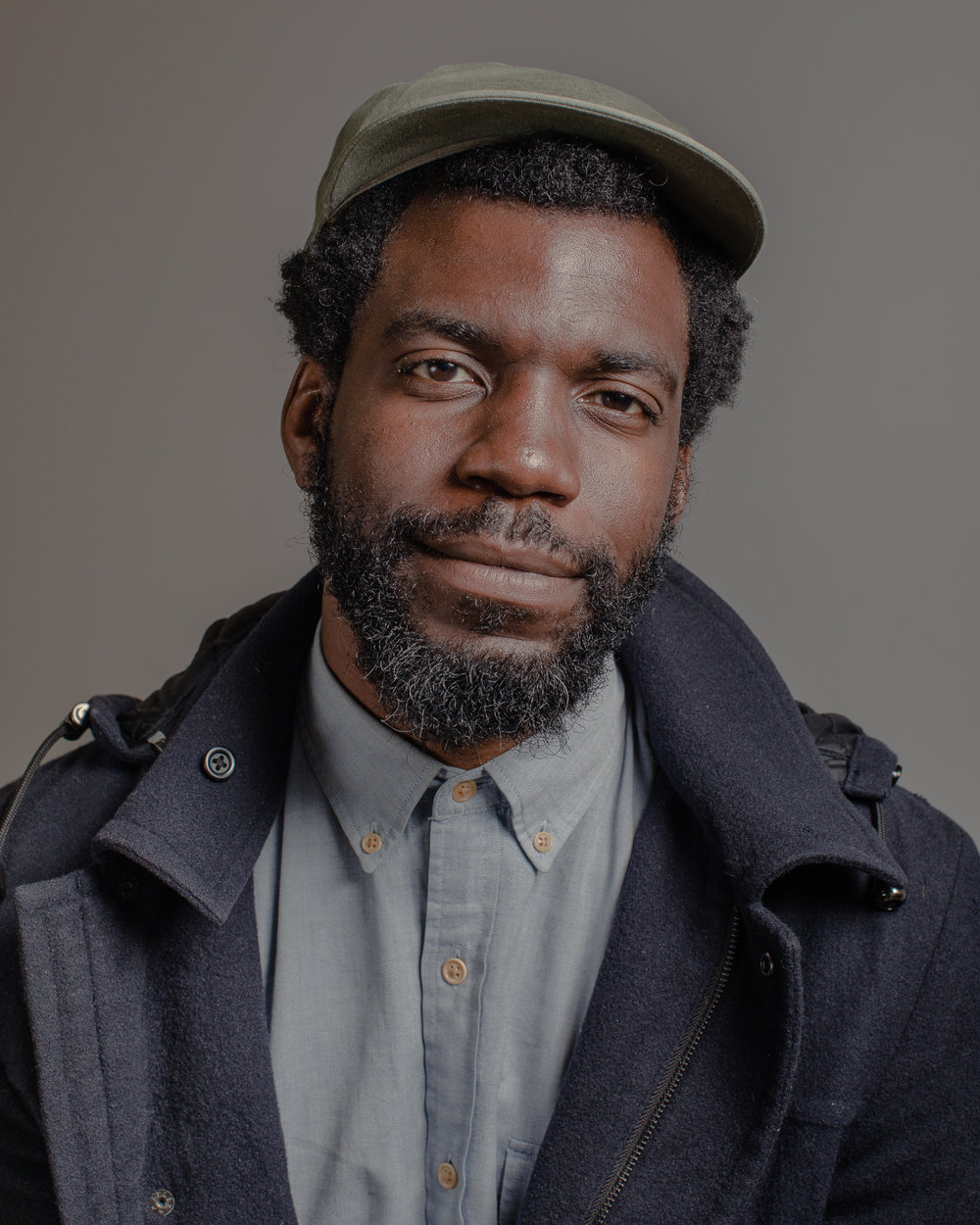
Self-proclaimed “Origin Forager” Stephen Satterfield is a food writer, multimedia producer and co-founder of Whetstone Magazine. Before his career in media, he was a social entrepreneur, advocating for wine as a catalyst for economic development for black and indigenous wine workers in South Africa’s Western Cape.
Stephen is a sommelier in recovery, having spent more than a decade working in fine restaurants throughout the United States. In addition to founding and editing Whetstone, he’s written for Esquire, Wall Street Journal, SF Chronicle, NY Magazine and several other notable magazines and newspapers.
This conversation has been condensed and edited for clarity. On the cutting room floor: some verbal geese on Stephen’s end, Sarah talking about how her grandfather lied his way into the U.S. Navy, and apologies for timezones.
Sarah: Hi, Stephen! What’s your world like today?
Stephen: I’m in Mendocino, California, in a town called Fort Bragg. I have to go to the DMV, so it’s not great.
I’m so sorry.
No, it’s alright. For now, we’re able to breathe fresh air, which has been an issue out here.
I’m interested in the story behind the name of Whetstone. A whetstone is used to sharpen knives, and I wanted to know—and please bear with me: I was an English major, and bad metaphors are kind of my favorite thing—what proverbial knives would you say that Whetstone as a media company is sharpening?
The name Whetstone came after a pretty rigorous naming process. Five years ago, I was working with four really trusted friends, and we went through several weeks of naming exercises. We picked 20 names and we voted on them, and then we came back and voted, and on and on and on. I am pretty sure that Whetstone was one of the names I brought.
I already had a background in food, I already had a deep love of food. I went to culinary school when I was a teenager, having dropped out of college at the University of Oregon to pursue culinary arts. Maybe the reason why I was fixated on the name whetstone is because to me, it was symbolic for the tool that was very familiar to people who really knew food and restaurants but maybe was less familiar for people who didn’t.
The very first thing that chefs do when they enter a kitchen before they do any prepping, chopping, boiling, sauteing, is sharpen the blade. To me, that represented the very, very first step that is maybe presumed or not known at all. And it’s really about people who know, making something for people who know what’s up, but also having it be able to share entry points for people who don’t know what’s up. And I think that framework of origin, which is baked into our point of view as a company, is expressed by way of [the name] whetstone, because it is the first step in preparing food for so many cultures.
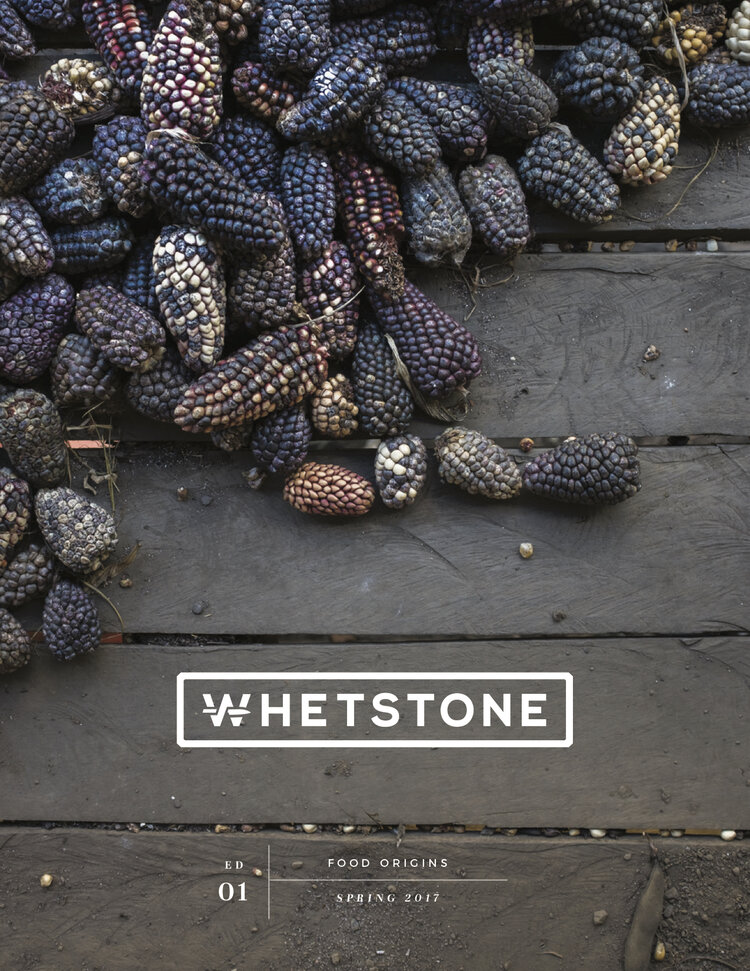
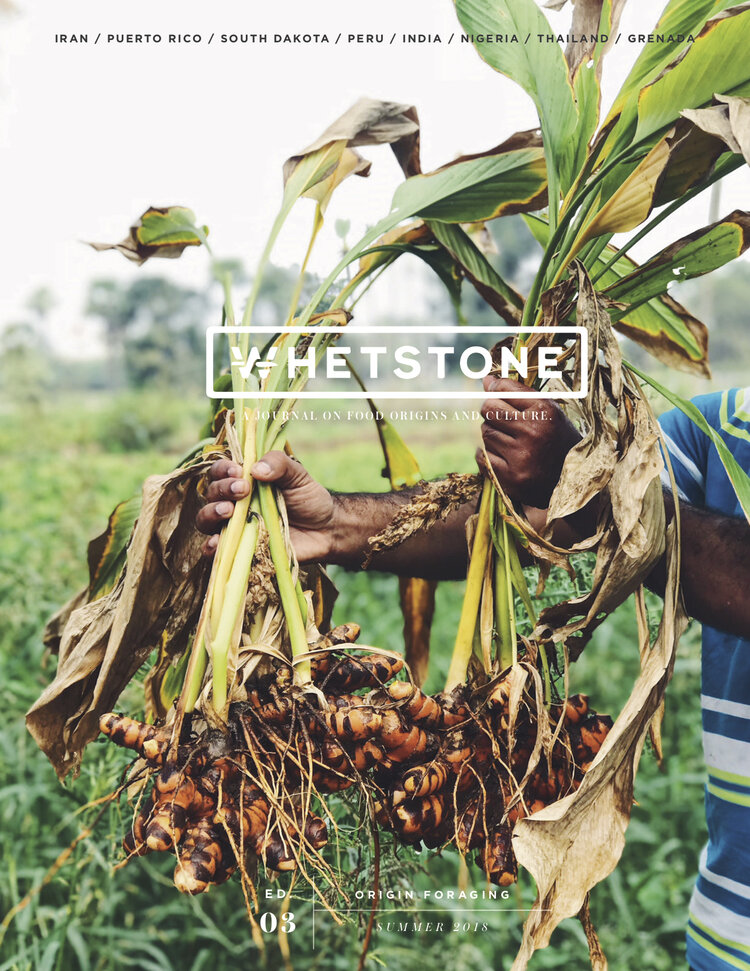
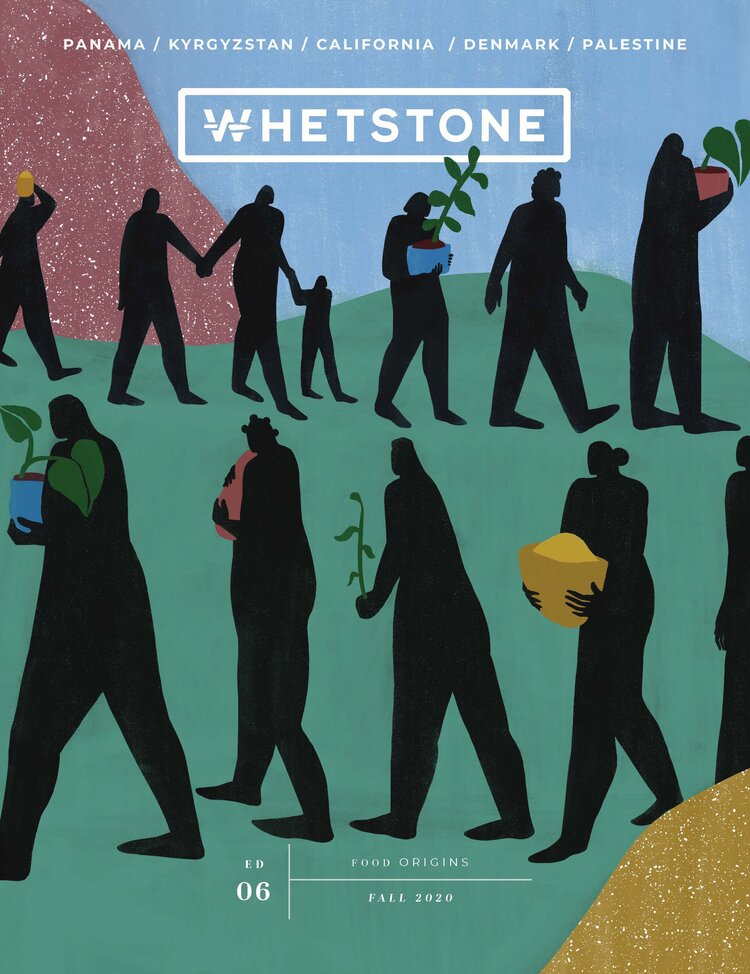
I read that you are a self-described “origin forager.” How did you arrive at that articulation of yourself?
It’s kind of a cheeky thing that I started saying, because I would just be so redundant in talking about origin as a way to explain Whetstone. And I thought that origin foraging was super descriptive, because what we try to get people to understand regarding origin is that we have an anthropological view of food, meaning that we study food as a means of better understanding humans and humanity. Once you bring audiences through that lens, I think it’s really kind of a limitless worldview.
Specifically, it’s a worldview that allows for understanding. Understanding is important to us, because we’re trying to deepen empathy as a means of living. We think that understanding is a prerequisite for empathy, and we think that understanding more about human beings and the collective experience of human beings helps us be closer. Foraging for origin just means understanding where the things we eat come from, as a way to better understand the experience of being human.
I was relistening to your interview with Howie Kahn on TAKEAWAY ONLY, and I was struck by your insistence on the resilience, almost, of empathy. I find that viewpoint desperately missing in a lot of things. During COVID-19, where I feel like it’s a continued erosion of empathy on so many different levels, what are your practices for maintaining hopefulness?
I’m actually really optimistic right now. And I’m not normally an optimistic person.
Myself, my homies, people like Sana [Javeri Kadri, founder and CEO of Diaspora Co.], people that I’m in community with: We’ve been shouting, “Burn it down” for a minute now, you know, since 2016, and I think a lot of people thought that that was rhetorical. And obviously, it’s not how we envisioned things going down, but I think the tragedy and the crisis that we’ve seen is basically a result of weakened infrastructure.
When things begin to fall apart or are engulfed, a weakened infrastructure means the foundation will crumble, and that’s what we’re seeing. Of course I’m not relishing in any of the heartache that people are experiencing right now, but we are seeing a questioning of institutions, and a questioning of many things—traditions, ways of life—that no longer serve us or suit us. To me, that is the foundation for revolution. There’s no apathy in revolution, and there’s no way to get people out of an apathetic space, unfortunately, without a real disruption to the norm and comforts of their daily lives.
That’s what we’re experiencing right now. We haven’t experienced anything like this in our lifetime, and I think because of the disruption, even though it’s hard and painful, it is the basis of a real revolution. And that gives me hope.
I think that’s beautiful.
What I’m constantly thinking about is that this future is possible—where cruelty is no longer built into our institutions, and then no longer built into our interpersonal relationships as a result—and wanting to operate with that belief, and not from a place of naivety, but from a real place of honest, fervent hope, and execution of that hope.
Absolutely. Absolutely. I couldn’t agree more.
In an interview with Real Food Stories, you said, “There are no other universal languages except for food.” One of the beautiful things about food is that it’s so multi-vocal. It’s so radiant with dialects and nuance. What does fluency in the language of food look like to you?
I think that fluency is something that we’re all born with, you know? That’s kind of the point in a sense, because we don’t have that much that we are already born with, in terms of a way of total understanding. In our modern world, especially in intellectual circles and activism in political circles, academic circles, food is not taken seriously as a medium for other things that academics, even anthropology, are rigorous about. And I think that that is a huge, huge oversight, because food is not just a shared language or a universal language, it’s an entire worldview and political organizing framework. If you absorb it as such, it’s an entire curriculum for students of all ages, if you let it be that.
So much about the things that plague our daily lives in the US and around the world are rooted in food and capitalism. The things that plague our environment are rooted in our food choices, in some cases, or our lack of food choices. So I think just raising awareness about the role of food as a way of understanding other people, other cultures, and as a way of catalyzing a revolution, a political and a social revolution that takes more responsibility for our diets and that looks at food and agriculture as a way to form and grow collective power.
I recently finished reading Eating NAFTA by Alysha Gálvez, where she connects NAFTA and free trade between the United States and Mexico as having gutted subsistence and small-scale farmers in Mexico, wreaking havoc on the economy, the environment, and on the health of so many people in Mexico. She wrote this about terroir: “If place matters, in theory so do the particular political histories of control over that place, and oftentimes, struggles for rights, legitimacy, resources, and domain—even though these are often omitted.” Does that characterization of terroir resonate with your own?
So true. That’s very powerful and true. That is exactly in keeping with my beliefs.
After a career as a sommelier, I started a nonprofit in South Africa, working with Black and indigenous winemakers, who make up over 95% of the workers in the wine industry, and yet who have less than 1% ownership of the industry they provide all the value for¹. It was sort of an esoteric cause, especially back in 2007 when we were doing this work.
¹A 2016 report estimates that white people, who are a minority in South Africa, own 80% of the country's agricultural land, due primarily to the system of apartheid.
Basically, the point of that work was that the same systems of oppression and coercion, the same agricultural history that was based on slave labor and exploitative labor, is a collective human history. With Whetstone, it is about understanding this history so that we can reconcile where we are today. And it’s not even just a thesis or a worldview, it’s just fundamental.
You can’t be a subject matter expert on anything unless you understand the origin of the thing. So if you want to be an expert on, I don’t know, the game of basketball, and you just want to watch the NBA finals tonight, like, “Yeah, I totally get basketball, I would think I would be awesome,” of course you would not be. You can’t just go out and start doing the things that people on the court do, but furthermore, just because you can go out and do those things on the court, it doesn’t automatically mean you understand the game. Who invented the game? Where was the first place it was played? What were the rules? How have they changed? Who was able to change the rules?
Any subject where people try to present a point of view without a basis in origin is, to me, a grotesquely incomplete way to present anything. That’s not to say it has to be exhaustive or comprehensive, but it has to be rooted in some analysis of history and origin, because the events of today don’t make sense without that context.
We have a way of forgetting really important things that we learned in history, and then therefore, we make the same mistakes generations after. The origin is a way to keep us honest and true. It helps us go back toward the collective wisdom in our history, native wisdom, ancestral wisdom, wisdom that is older than colonization, that is older than the systems that have suppressed so many for so many centuries.
With the corrosive marriage between white supremacy and capitalism, I think about how much it just annihilates curiosity. It’s something I think about a lot, as somebody who is white: the way that white supremacy is greased so much by sustained ignorance.
In what you’re saying about origin, I’m hearing so much about the opportunity to understand what is happening in our world today. It’s the opportunity to be able to trace those lines and to see the conversations, to suddenly see the frameworks appear in front of you and make sense. Especially now during a pandemic, when here in the United States we have a government that is suppressing reality, I think ignoring origin perpetuates this idea that reality only exists in the present, as opposed to what it really is, which is something that has been historically structured and created, happening now in part because of all those things.
It’s really hard to know that you’re living through history. It just feels like you’re living, you know? And therefore, we don’t view our own lives with any serious analysis and historical context, and then of course, unless you’re read up on history, as I said earlier, everything feels brand new. You feel like the first generation going through something, you feel like you’re the only one who is led to resist or uprise. We need to understand what the struggle has been rooted in. What are you even fighting against? People who are like, “You need to vote!” I’m like, “Yeah, we need to vote.” But also, if the extent of your political analysis is that we need to vote, like…[Both laugh.]
Speaking to that lack of curiosity, I think that's what we talk about when we talk about white privilege, because you’re not forced to confront your own racialized identity and the ways in which you benefit from it. It doesn’t require any serious introspection. That’s not what the world requires from white people. And yet, if you are not a white person, the world requires you to never forget.
So we end up living in this really strange world where white people are oblivious, because they lack curiosity, because they have never been questioned about their whiteness and all the problems tied up in their whiteness and white supremacy. And that lack of curiosity is not just bad for society because white supremacy prevails. It’s also bad for white people, too. White people don’t understand the ways in which their existence is also marginalized by their own limited worldview, by their own racism and developed privilege. It diminishes their experience as well.
Right now, I’m reading Isabel Wilkerson’s book Caste. It’s an incredible book, and I think so much of her work is rooted in the same ethical framework as yours. What’s she arguing—that race exists as a caste system in America—aligns with what you’re saying, that racism and what race is in the United States and how it has functioned historically, within white people, is also an erosion of your own humanity. If you enter into the pact of white privilege, with the purposeful ignorance and lack of curiosity, you’re cutting off so much of yourself before you can become fully human.
If you’re in therapy, or you’re in a relationship, and you have some good homegirls who are like, “Let me get in your ear, because you don’t seem happy,” they’re going to find out, or your therapist is going to find out, that you’re suppressing something, you know? What you’re doing is a very intense and ongoing, sustained emotional suppression, when you know damn well that there are unequal societies, when you are a part of a society that benefits, and you have the luxury of continuing without having to do any real analysis, as I say. And either you gotta feel that pain of the suppression, or you gotta commit to it so hard that you literally dehumanize the others. That dehumanization is what allows you to see Black people murdered in the streets without consequence, without justice, and then just be like, “Yeah, I wish it weren’t that way.” Instead of standing up and saying, “I don’t want to live like this. We can’t live like this.”
But white people don’t have the courage to do that, because they haven’t done the work, and they would prefer to live in our repressed state, or they are so far gone that they unfortunately don’t see people who aren’t white as equal beings. If you understand origins, that has fundamentally been the problem for five centuries now: white people don’t think Black people in particular are equal humans. And we still deal with that.
Have you ever considered being a teacher?
One time, I did. But it didn’t work out. It was a brief time. But my mom’s a teacher. She’s a principal now at an elementary school.
My grandfather was a principal of the elementary school in my dad’s very small town, and he always liked to hold that over his kids, that he would do something if they stepped out of line.
The last question I have is a totally different feeling from what we’ve been talking, so let me know if it’s a space you want to go into. While preparing for our interview, I was thinking about the episode of the TV show The Office where Michael Scott is having a dinner party and drinking wine that he describes as having an “oaky afterbirth.” In your professional experience, what type of flavor do you think that is, and who would you serve that wine to?
Oaky after-burp?
Oaky afterbirth.
Birth or burp? Like a baby burp?
Birth, like what comes out with the baby.
Got you. Okay. Oaky afterbirth…[Stephen laughs.]
Like I said, totally different. I had not planned on the conversation going into white supremacy and sustained dehumanization, so this feels like a wild right turn. And I know you’re going to the DMV, so turning might not be the best thing right now.
Yeah, I gotta stay inbound. [Sarah laughs.] So when I hear oaky, honestly, my reflexive response is that something’s gone wrong, and that’s a problem. Because I’m kind of a purist when it comes to food, so my favorite winemakers are those who are really, really understated in their use of oak and who prioritize the freshness and clarity of the grapes themselves. That is my stylistic preference.
So if I’m giving someone something that has an oaky afterbirth, they’re probably not my homie. [Sarah laughs.] I probably regifted them a bottle from someone who doesn’t know me that well, you know, and they gave me a super oaky KJ Chardonnay, and I’m like, “Hey, you know, thanks for that. I know what to do.” And then I’ll look for anyone who outwardly supports Trump, and I’ll give them that as a gift.
STEPHEN SATTERFIELD'S GO-TO WINE FOR A PANDEMIC
I love a Gamay from southern Burgundy or Beaujolais, just south of Burgundy, in France. It’s a red grape, it’s got very tender skin, and it’s just very full and agreeable. It’s a great everyday wine.
Sign up for Currantly, our newsletter delivering original food stories and news analysis, with surprise treats of freshly curated recipes and product drops. Think of it as your monthlyish digest to deepen your stance on food issues and be creatively inspired.
Sarah Cooke is a freelance writer and reporter based in Washington, D.C. Her reporting, which explores the intersection of food, culture, and power, has appeared in DCist, Eater DC, and Washington City Paper.
Sign up for Currantly, our monthlyish newsletter delivering original food stories and news analysis, plus fresh curations of recipes and product drops.
